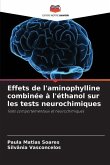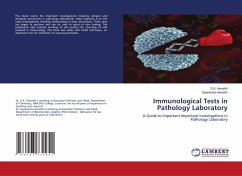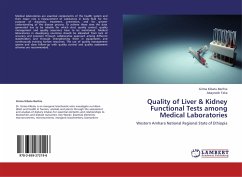Ethanol is a substance that has been used since ancient times and causes alterations in different tissues, including the Central Nervous System (CNS). Its abuse and continued use leads to the development of different pathologies, as it is a highly degenerative drug. Preliminary studies have shown that aminophylline, a non-selective adenosine receptor antagonist, interferes with the ethanol action pathway in different areas of central signalling. Based on these results, this study highlighted aminophylline as a drug of interest, contributing to biotechnological advances in the health area, in the treatment of pathologies involving drugs of abuse, such as ethanol. The main objective of this study was to verify the effect of aminophylline on the biochemical alterations produced by ethanol in the CNS, specifically: prefrontal cortex (PFC), hippocampus (HC) and striatum (SC). Aminophylline is a good agent against reactive nitrogen species, but does not have the same effect on reactiveoxygen species, in addition to reversing the depressant effects of this substance on inhibitory amino acid dosages.
Bitte wählen Sie Ihr Anliegen aus.
Rechnungen
Retourenschein anfordern
Bestellstatus
Storno








